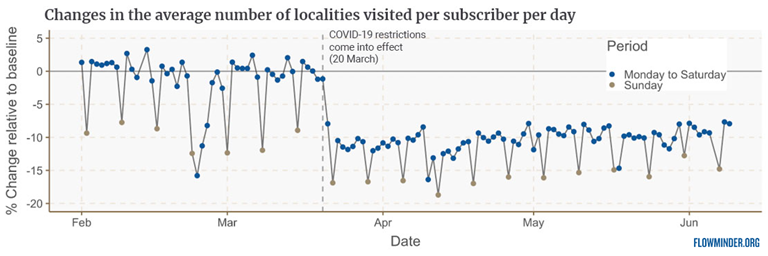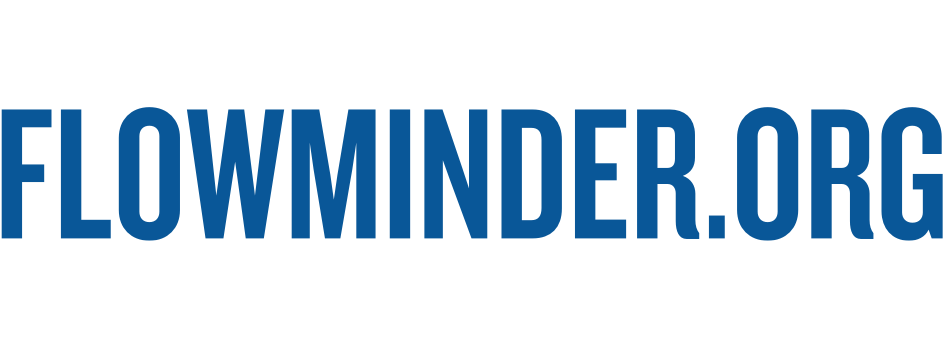This page provides a list as part of my extended CV.
OVO Energy
Key Achievements:
- Led the data science development of a new smart buildings platform, providing strategic guidance and a range of proof-of-concept models including occupancy classification, well-being monitoring and predictive maintenance models.
- Implemented a Mixed-Integer Linear Programming optimising for Combined Heat and Power plant, extending a previously developed model to produce schedules which can be implemented in plant control systems. The project is expected to save £40,000 annually for the test site, with estimates suggesting £1 million can be saved across the full portfolio.
- Developed a heating optimisation model using TensorFlow which calculates the optimal heating profile for buildings and identifies potential energy wastage due to heating outside of occupied periods. Trial sites have shown a potential 20% reduction in energy demand.
- Worked with data engineers to develop guidance on establishing data pipelines for migrating existing datasets into the new smart buildings platform. Key considerations were defining data quality standards and specifying a tagging framework that could be used to provide metadata for commercial smart buildings.
- Actively flagged GDPR considerations around potential analytics and led the Data Protection Impact Assessment to ensure mitigations were in place.

Key Achievements:
- Analysed Call Detail Records (CDRs) in countries including Haiti to assess changes in mobility patterns caused by COVID-19 lockdown measures in countries, requiring timely data analytics from large datasets to produce insight to support government decision-makers.
- Developed high-quality R and SQL code to implement new functionality and improvements to Bayesian modelling approaches.
- Wrote and deployed several cloud based web apps for geospatial visualisation and analysis, which were used to engage witt non-technical stakeholders.
- Defined data visualisation standards and developed technical guidance on how to implement these across our projects.
- Used Shiny to develop data visualisations and interactive dashboards tools to communicate the results of hierarchical Bayesian statistical models to non-technical decision makers.
- Independently led the development of training sessions to improve organisational coding procedure, including the use of version control and code documentation.
- My biggest learning from this role was the importance of considering the needs of different stakeholders when transitioning research concepts into decision-making tools.
University of Southampton
- Involved with the Solent Achieving Value from Efficiency (SAVE) project, leading the redesign of the existing code. Developed an R package and documentation for the use of the project, and refactored code to ensure better scalability.
- Analysed electricity demand profiles for mini-grids in Kenya and Uganda through the Energy for Development (E4D) project.
- Successful completed a one month field research project in Kenya, as part of a solar electrification project on behalf of the Kenyan Government.
- Coordinated a team of 10 people who conducted over 500 questionnaires in four villages.
- Validated and processed the survey results to ensure they were in a suitable format for further analysis by colleagues.
- Developed a web tool to be used by colleagues to analyse the dataset.
PhD
- Data-driven PhD research has focussed on renewable energy modelling.
- R used extensively within project for data mining, processing, geospatial modelling, statistical analysis and presenting results.
- Developed statistical analysis tools to assess the likelihood of a wind turbine project receiving planning permission.
- Multi-criteria decision analysis tool developed for locating onshore wind turbine considering economic, social and environmental parameters. Findings demonstrate the social limitations to onshore wind turbine development and highlights the impact of these restrictions on further development potential.
- Research presented at two academic conferences in 2017 and published in two journals.



